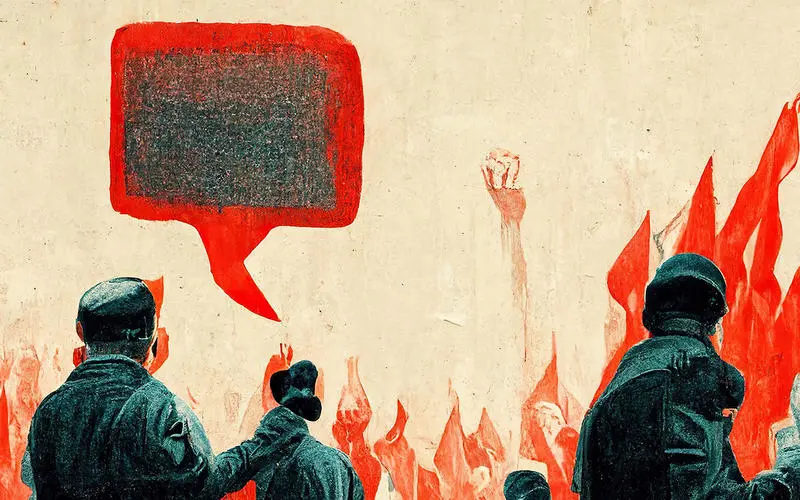Imagine a world where fundamental beliefs about family, identity, and the role of government are fiercely contested. Imagine conversations about race, religion, and gender sparking heated debates and, sometimes, outright hostility. This, in essence, is a culture war – a clash of values and ideas that permeates society, dividing communities and shaping political discourse.

Image: www.listennotes.com
But what exactly is a culture war, and how does it impact our lives? The concept, while not a recent invention, has become increasingly prevalent in contemporary society. This article dives deep into the world of culture wars, exploring their history, key aspects, and the implications for individuals and societies alike.
A Deep Dive into the Culture Wars: Understanding the Shifting Landscapes
To grasp the complexity of culture wars, we need to understand their historical roots. The term “culture war” emerged in the 1990s, describing the rising tensions between conservative and liberal factions in the United States. This period witnessed heated debates about issues like abortion, LGBTQ+ rights, and the place of religion in public life. However, the seeds of these conflicts were sown far earlier.
The 1960s and 1970s saw a dramatic shift in social norms and values, driven by movements for civil rights, women’s liberation, and sexual liberation. These changes challenged traditional moral codes and paved the way for new social and political battles.
One of the key battlegrounds in culture wars is the realm of identity. Who are we? What defines our belonging, and how do we negotiate differences? These questions lie at the heart of debates about race, ethnicity, gender, sexuality, and religion.
Another fundamental aspect of culture wars is the role of government. Should the state be a passive guardian of individual liberties, or should it actively intervene to promote social justice and equality? This tension manifests in debates about social welfare programs, affirmative action, and environmental regulation.
Navigating the Complexities: Understanding Different Perspectives
It’s important to recognize that the lines of cultural conflict are rarely clear-cut. Culture wars are not simply a binary conflict between two monolithic groups. Within both conservative and liberal camps, there are diverse viewpoints and nuances.
For example, within the conservative movement, there are those committed to traditional values and religious principles, alongside those who advocate for limited government intervention and individual liberty. Similarly, within the liberal movement, there are those who prioritize social justice and equality, alongside those who advocate for environmentalism and economic redistribution.
Furthermore, the landscape of culture wars is constantly evolving. Emerging issues like artificial intelligence, climate change, and technological advancements contribute new dimensions to the ongoing battles for values and ideas.
Finding Common Ground: Building Bridges in a Divided World
Navigating the complexities of culture wars requires empathy, critical thinking, and a willingness to engage in respectful dialogue. While differences in values and beliefs may be profound, it’s crucial to acknowledge the common humanity we share.
This is where the importance of dialogue emerges. Engaging in respectful conversations with those who hold different viewpoints can help us understand their perspectives and build bridges across divides. It’s about listening with an open mind, trying to see the world through their eyes, and finding common ground.
Of course, navigating these discussions requires patience and a willingness to understand. Stepping outside our comfort zones and actively seeking out diverse perspectives is essential for fostering understanding and creating a more harmonious society.

Image: iai.tv
What Is A Culture War
Moving Forward: Finding Solutions and Building a Stronger Future
While culture wars may seem like a divisive force, they also present an opportunity for growth and positive change. By recognizing the deeper issues at play and engaging in open dialogue, we can begin to address the root causes of social unrest and build a more inclusive and equitable society.
This requires a commitment to finding solutions that prioritize empathy, justice, and the well-being of all. We must strive to create a world where differences are not seen as threats, but as sources of strength and inspiration.
Culture wars are a complex and often challenging reality. However, by understanding their historical context, key aspects, and the importance of respectful dialogue, we can navigate these divisive waters with greater clarity and compassion. Ultimately, it’s through empathy, communication, and a commitment to shared values that we can build a more just and equitable future for all.



/GettyImages-173599369-58ad68f83df78c345b829dfc.jpg?w=740&resize=740,414&ssl=1)


